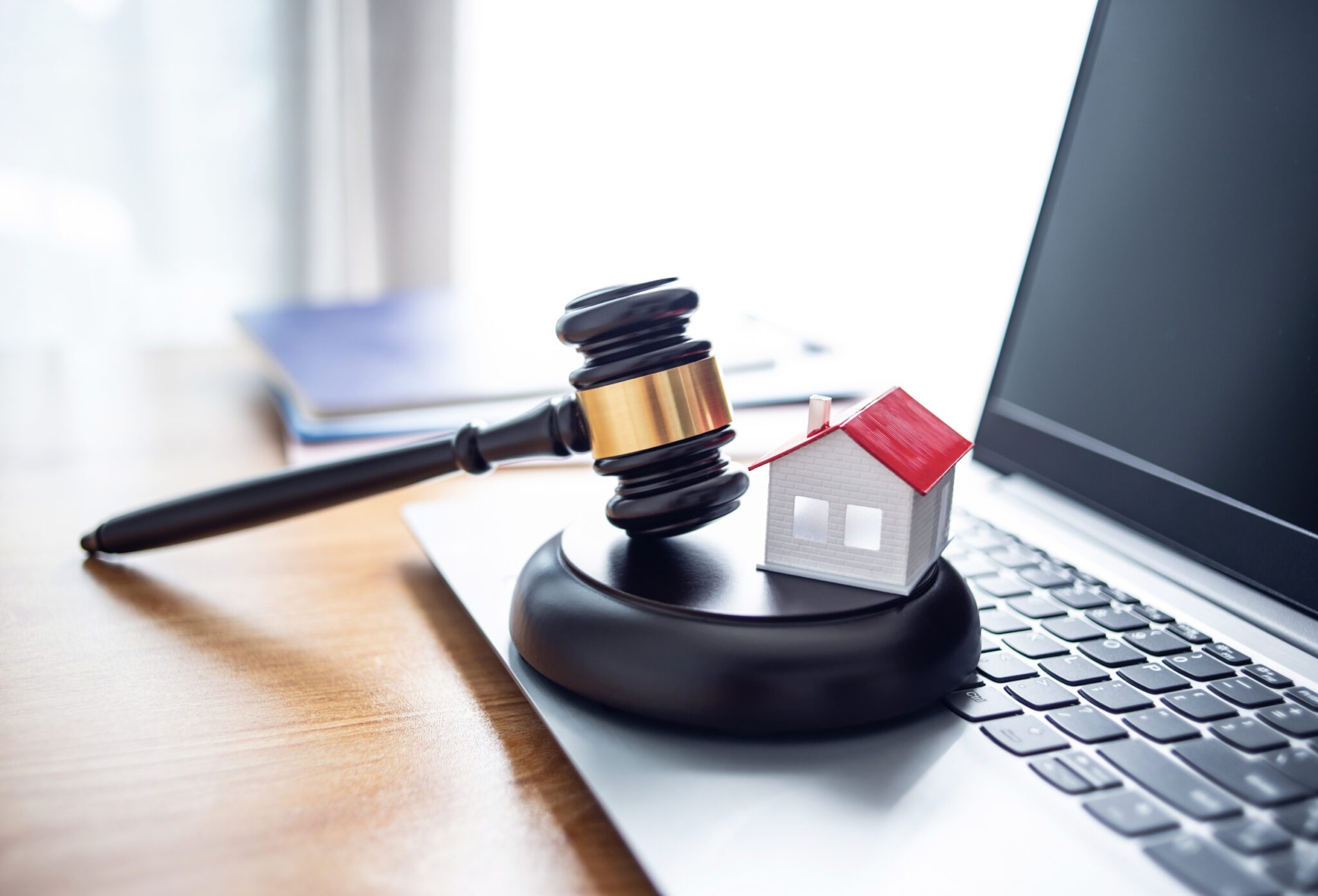
How To Avoid Overpaying On Foreclosed Properties At Auctions
Real estate auctions can be a good option when looking for potential property investment assets to add to your portfolio.
However, you can end up overpaying on a property with your bid and can be a great risk when buying foreclosed properties at auctions- a common mistake made by many new investors.
This is where the value of a good system for property valuation comes in before you decide to place your bid.
Maximum Bid = resale price – cost
This may be a simple formula in placing a value on any foreclosed property up for bidding, for which the foundation of this equation transcended or has evolved.
But to be able to get a fairly accurate estimate of the property, take note that it is more than just visuals and will require you to do market research to get you the closest value you can put on the property.
Once you have established a fair estimate of the value and the costs that you expect to spend to get it ready for business or to resell, you can get a great deal and avoid most of the major risks that others commit.
Below are a few of the basic processes for you to determine a resale price and identify the costs so you can plan and devise your strategy when making your maximum bid and set your limits to avoid overbidding and losing your hard-earned money in the process.
How to accurately estimate a resale price
This is a good place to begin your property investment journey, whether you are planning to invest in a rental property or flipping it and reselling.
The resale price is the value that you believe is the price that you expect to get when selling the house or how much you expect to sell it once it’s ready to be sold. It can also be the value that you place on the property to help you determine the cost of getting the investment property operational when calculating your investment returns.
While calculating the values may be simple, it cannot be denied that the process can be a bit tricky based on several factors that are constantly changing and should all be considered when making a fair and accurate estimate.
Location
This will have a considerable impact on valuation, which is also determined by the local economy and other properties surrounding it.
In most cases, market value calculations can be less challenging especially when surrounding properties have been sold recently within the same area, which is a good indicator of the most current property value known as comparables and are key to figuring out the resale values quickly.
You can also get help online through real estate portals that provide sales data in many locations, but could sometimes not have the most current sales data readily available.
When checking out comparables, ensure that it is near the property that you are considering with similar styles, sizes, and features so you can get the closest value to base it on.
Costing
Costs are vital in calculating your resale or property investment value. While location plays a major element in valuation, unless you consider the costs for getting your property flipped and listed or operational for lease, you could either get a small profit or worse, lose money unless you incorporate your costs properly and accurately.
Among the costs, you need to consider are realtor commissions that range between 3% to 4% of the sale price, closing costs which make up an average of 2% of the resale price, past-due taxes, liens, etc.
Occupancy costs
This is another factor that must be considered and should not be neglected, especially when purchasing occupied foreclosure properties.
An additional 5% of the resale value can be added to your costs especially when you need to get the current occupants out and prepare the property either for resale or getting it ready under new management with new tenants.
Incidentals
There are likely other costs associated when researching properties that appeal to your fancies such as title research, drive-by inspections, insurance, and security.
While these incidental costs are fairly similar and consistent across, it is crucial to factor them into your resale or asset value.
Construction
This can be challenging especially when you may not be fully aware of the actual condition of the property you are looking to bid at.
You can consult a contractor for a fair estimate on renovation or repair costs when needed, and make sure to have it incorporated into your formula.
Determining your maximum bid
Now that you have outlined your costs, you must factor in your profit margin into your maximum bid formula, which by fair estimates could be around 10% to 20% which is a reasonable figure in most markets.
Formulating your maximum bid price, you can use the suggested formula;
Max Bid = Resale Price – (Realtor Commissions + Closing Costs + Past-Due Taxes + Liens + Occupancy Costs + Incidentals + Construction + Desired Profit)
Let this serve as your guide when making your bids and only when you have done your research and due diligence so that you don’t end up on the losing end of the deal.